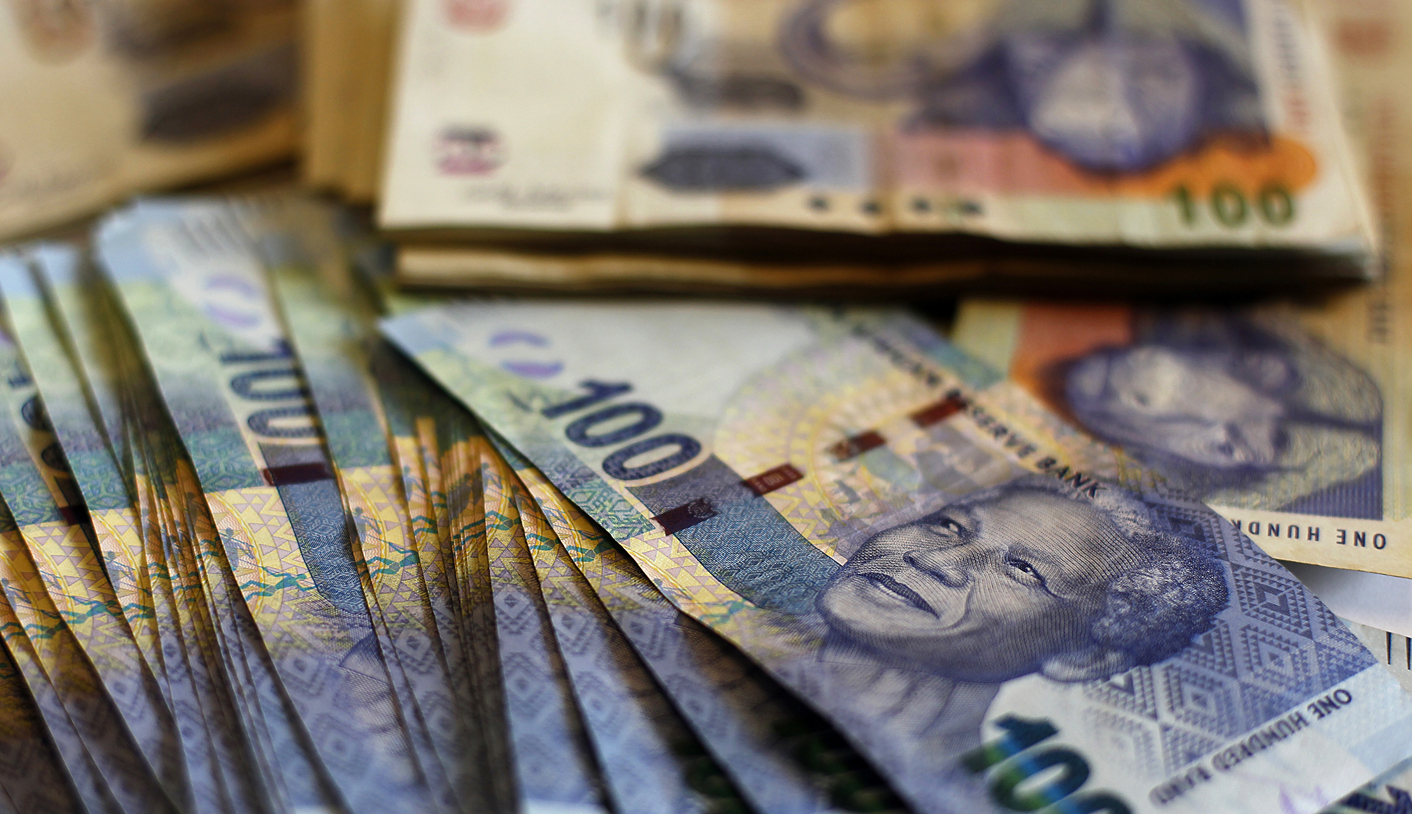In April 2023, the United States Attorney’s Office announced that it had charged Nazem Said Ahmad with laundering money through businesses that traded in art and gems — money he used to finance terrorism.
Several of these businesses were South African and some had even done business with the South African government.
Read more: One of the SA government’s biggest diamond-buying clients accused in US ‘terror funding’ Hezbollah saga
It was bad timing — only a few months before, South Africa had been put on the Financial Action Task Force’s grey list.
Money laundering and terrorism financing are often linked; money laundering attempts to mask the source of the money, while terrorism financing attempts to hide the destination of the money.
To this end, criminals often use legitimate high-value goods traders — businesses that deal with goods worth R100,000 or more — to launder money. These traders, usually dealers in goods such as gems, art, vehicles and chemicals, risk hefty penalties from the Financial Intelligence Centre (FIC) if they don’t keep a keen eye out for criminals attempting to launder money through their businesses.
The failure of such a business to report suspicious transactions or otherwise do its due diligence can constitute non-compliance with the FIC Act, which can be penalised with fines up to R10-million, the suspension of business operations and prison time.
During 2023/24, the FIC analysed international funds transfer reports to detect illicit cross-border movements of funds.
The FIC annual report for 2023/24 pointed out that the regulatory body also analysed cash conveyance data — cash declarations made at ports of entry upon entering or leaving the country — to detect crime patterns and identify syndicates and cash-related financial crime indicators.
“This is crucial given that many criminals prefer to use cash because of its minimal audit trail,” stated the report.
Most of the intelligence reports produced by the FIC in 2023/24 related to money laundering, fraud, bribery and corruption. There were 751 financial intelligence reports on money laundering, 568 on self-money laundering, 255 on third-party money laundering, 88 on professional money laundering networks and 16 on individual professional money launderers
Red flag transactions
Adhering to Fica’s minimum requirements — such as keeping basic records of transactions and clients — is not enough. High-value goods traders are required to be extra vigilant.
Here are some red flags that businesses should be on the lookout for, according to Hawken McEwan, the director of risk and compliance at the Fica compliance service DocFox:
- Large cash transactions are a simple way for dirty money to enter the financial system, which is why the FIC requires that all transactions of R50,000 or more be reported. Large cash payments are falling by the wayside, however, and modern criminals have found more savvy methods of moving their money.
- Overpayment and refunds can be a seemingly innocuous step in the money laundering process. If a criminal “accidentally” pays R700,000 for a R500,000 purchase, and gets R200,000 back as a refund, that R200,000 now has acquired a legitimate proof of payment that makes it look even cleaner. Remember, money laundering is a process that takes several transactions to make dirty money look clean.
- Unusual purchasing activity refers to purchases that make no logical sense. If you own a car dealership and the same family buys a car every week, you should smell a rat, said McEwan. When it comes to reporting a suspicious transaction, trusting your gut is a viable strategy, he said.
- Payments from high-risk jurisdictions are also something to look out for, especially with the rise of sophisticated terrorism financing. Even if the majority of one’s business with countries like Syria, Iran or Iraq is completely legitimate, a business can minimise its risk by screening foreign transactions with extra care.
- Assets purchased away from residential areas can hint at illicit financial activity. If someone who lives in Cape Town buys a car in Bloemfontein, it could be a kind of third-party payment for an illicit good or service, said McEwan.
Read more:
- Government moves to tighten up Anti-Money Laundering Bill before next Financial Action Task Force check-in
- From Bitcoin to bail: Terror funding accused’s court appearance highlights South Africa’s growing risks
If it turns out that your business has been used to launder money, you need to be able to show the FIC that you made a reasonable effort to screen your clients, keep records and report suspicious transactions, said McEwan.
“Fica gives you a risk-based approach, so you can do what is appropriate for your firm. What is suitable for someone who sells SUVs is not going to be suitable for a bank. An international firm versus a one-man band is going to look very, very different,” he said.
Read more: Financial services offenders to pay up a collective R36.9m in sanctions this year
In its 2023/2024 financial year, the FIC received more than 400,000 reports of suspicious and unusual transactions and froze suspected criminal assets valued at almost R300-million. DM




